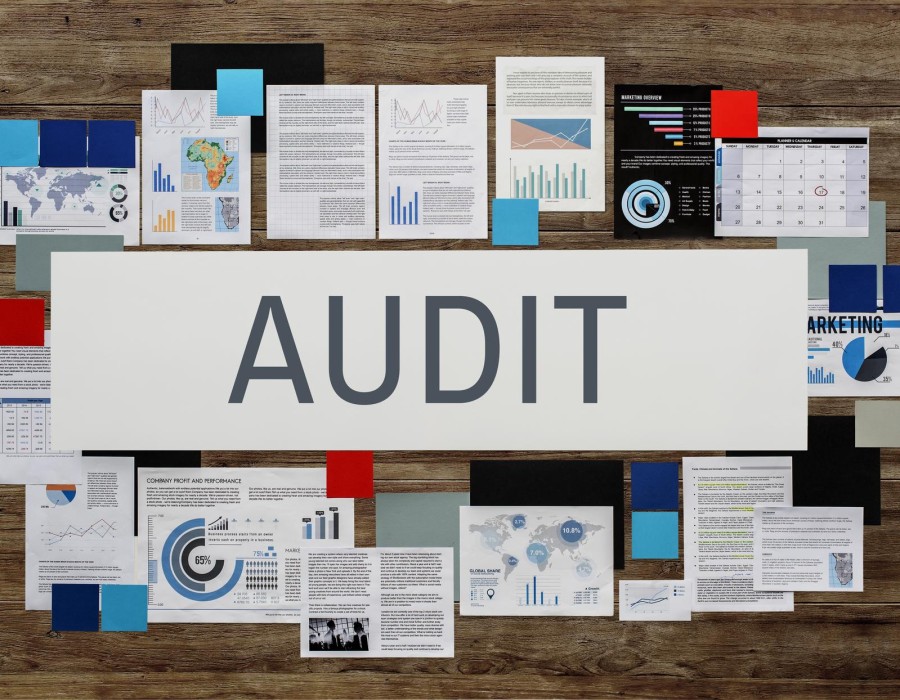Trust decides where money flows. Investors may admire bold ideas or growing markets, but at the end of the day, what they really look for is honesty. Can this business be relied on? Will it deliver on what it promises? One of the clearest ways companies answer those questions is through audits.
An audit is more than a tick-box requirement. It’s proof that the numbers add up, that controls are in place, and that the business is open to scrutiny. For investors, that layer of certainty can be the difference between writing a cheque and walking away.
Why Trust Shapes Investment Decisions
Investors don’t just study profit margins—they weigh the credibility of the people behind the numbers. A firm with clean books and clear systems feels safer, while one with shady or inconsistent reports sets off alarm bells.
That confidence, or lack of it, shows up in different ways. Public companies with a strong audit track record usually enjoy steadier stock prices. Smaller firms and startups that welcome independent audits are often able to attract funding faster. For investors, peace of mind is just as valuable as potential returns.
How Audits Clear the Fog
Financial statements can be tricky to navigate. Audits cut through the noise. An independent review gives reassurance that the figures are not dressed up or hiding red flags. That clarity matters because it reduces the risk of surprises later.
Interestingly, investors often appreciate when audits point out weaknesses. It means the company isn’t sweeping issues under the rug. Owning up to flaws—and working to fix them—builds more faith than pretending everything is perfect.
Governance and Accountability
Audits also highlight how a company is run. A business willing to open its doors to independent scrutiny signals that it values accountability. For investors, this says the leadership isn’t making decisions in a vacuum but is prepared to answer to stakeholders.
In many cases, audits don’t just check numbers. They also examine internal systems, risk management, and regulatory compliance. These insights reassure investors that the business isn’t just chasing short-term wins but is built on structures that can stand the test of time.
What Investors Expect Today
Investor priorities have changed. Financial accuracy still matters, but it’s no longer enough. More and more, stakeholders want to know how companies treat the environment, handle data, and manage social responsibilities. That’s why audits are starting to include checks on sustainability and cybersecurity alongside traditional accounts.
For investors, this expanded view is a huge plus. It shows whether a company is thinking beyond the next quarter and preparing for long-term challenges.
The Subtle Power of Perception
Here’s something worth noting: audits don’t just prove accuracy, they create an image. Investors often associate audited companies with professionalism and discipline. Even if two firms have similar results, the one with a stronger audit culture usually wins more trust.
That perception is powerful. It shapes conversations, influences market reactions, and builds reputations that last far longer than a single financial year.
Lessons From the Market
History is full of examples where weak audits destroyed investor confidence overnight. Once credibility is lost, it can take years—sometimes decades—to rebuild. On the flip side, firms known for transparency and consistent auditing practices often become magnets for investment, even in uncertain times.
Investors talk to each other. They share stories of companies they trust and those they avoid. That word-of-mouth reputation, built on the foundation of audits, can be more valuable than any marketing campaign.
Why Presentation Matters
Audits don’t exist in isolation. Their findings flow into annual reports and shareholder communications. How those results are presented makes a difference. A well-structured report that explains figures clearly helps investors feel informed rather than overwhelmed.
This is why many businesses work with a professional annual report design agency to turn dry audit results into documents that investors can actually understand. Good design and clear storytelling reinforce the credibility that the audit itself has established.
The Road Ahead
Audits aren’t glamorous, but they are vital. They give investors a reason to believe, to stay loyal, and to support growth. Companies that embrace this process, rather than treating it as a burden, often come out stronger.
As markets keep shifting and expectations rise, one thing is certain: investor confidence will always hinge on trust. And few tools build trust more effectively than a solid, transparent audit.





Comments